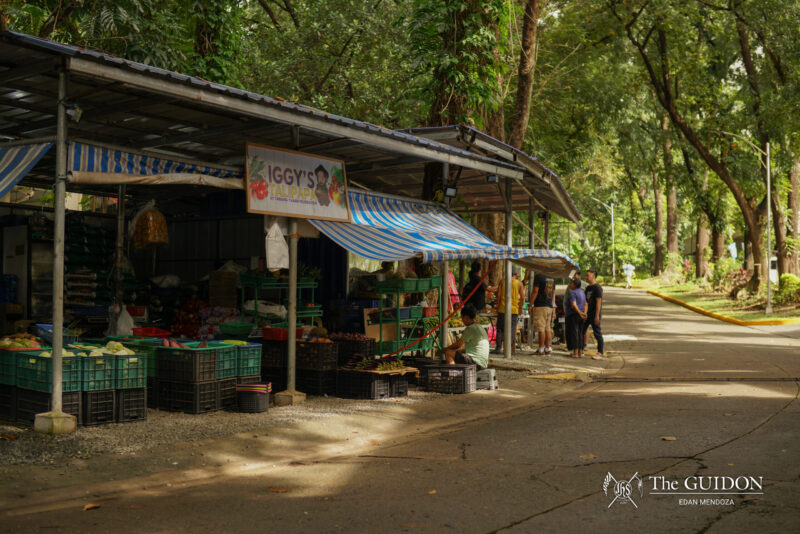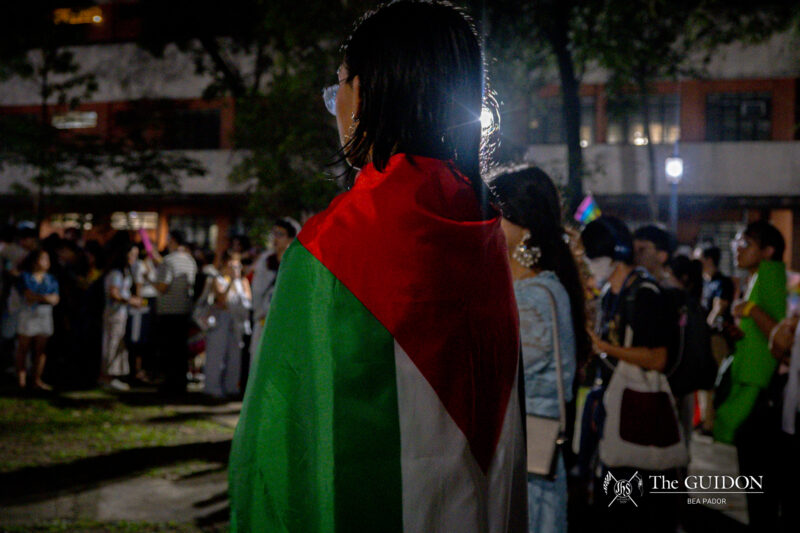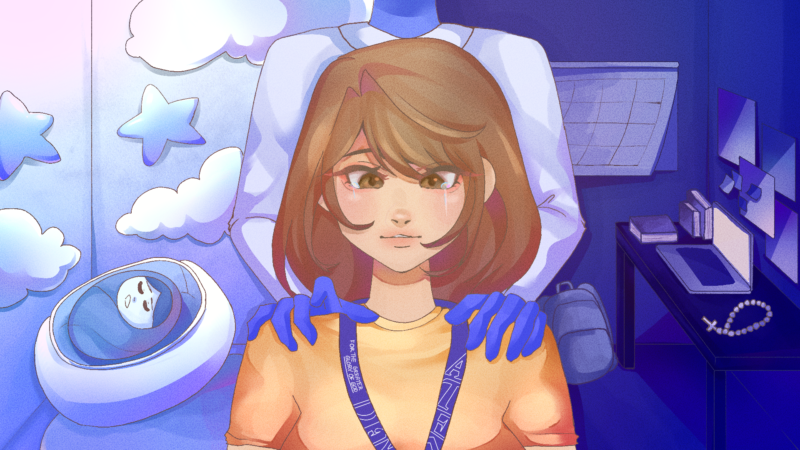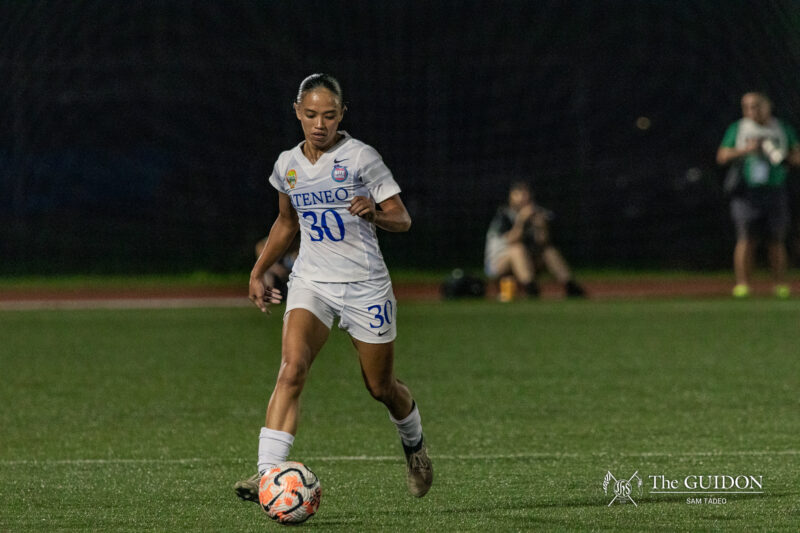In the ‘90s, the idea of “Think green—save the planet” had been born out of one of the painfully kitsch cartoons that entered the mainstream. Captain Planet and his entourage of teenage helpers have since made the green movement seem possible with his tagline “The power is yours.”
With climate change becoming the issue of our generation, proponents of the green movement have injected the term “environmentalism” into our modern lexicon. The world is finally taking Captain Planet’s slogan to heart. Even in the tiny microcosm of Ateneo, people are starting to make a stand.
Going green
Created two years ago as the university’s response for its environmental concerns, the Ateneo Enviromental Management Coalition—the AEMC—ensures that processes and operations within the school are as environmentally sustainable and responsible as possible.
“This idea is to make the campus healthy not just environmentally but also in terms of human health,” says Abigail Favis, Environmental Science professor and a member of the AEMC. “From consuming food, electricity use to water use, even to tricycles on campus—that’s our involvement.”
Since its inception, the AEMC has turned out several notable projects, including a vermicomposting facility (where biodegradables are decomposed by worms and turned into soil conditioner and fertilizer), a Materials Recovery Facility that collects recyclables and sells these to raise funds, and the revised segregation scheme, now seen through the five-garbage-can system.
The more obvious and somehow hyped conceptions involve the e-trike, the blue electricity powered tricycles that have been roaming around campus and the ecologically friendlier architecture in buildings such as the new Rizal Library.
“I’d like to think that younger generations now are more in tune with how things should be done right. Our parents and grandparents really had no concept of pollution because at that time, it was just growth, growth, growth, and prosperity,” says Favis. “Now we realize we can’t have unlimited growth when resources are limited.”
In Favis’ words, being environmentally responsible is slowly helping the university cope with its waste. The success of the projects, however, was not without its troubles.
Birthing pains
The creation of projects is one thing. The implementation is another. “You’re going against existing conventions—like the culture of convenience and instant gratification,” says Favis. “There’s going to be a little bit of transition period. Some students will complain and we give them that right.”
Because of some discomfort with the changing systems, there are even some complaints that have been lodged against certain projects. Senior Charles Chong finds the Bring Your Own Baunan (BYOB) system a bit of a hassle at times for students like himself.
With the implementation of having to pay an additional P5 to P10 to cover the Bring Your Own Baunan price, some students are having trouble getting used to the limited mobile capacity of their meals. “Bringing food around is kind of a pain with the whole baunan system,” he says.
“The greatest challenge is getting the student to adjust,” says Kat Lee, Sanggunian Representative and a member of the Green Team, the student wing of the AEMC.
Favis agrees, attributing this sentiment to the culture in which we were raised. “We’ve grown up in a world where everything is done for us,” she says. “It’s a bit difficult but I think that if your mindset is towards smarter and healthier living, it’s easier to accept and change your lifestyle.”
Repair, damage control
Outside the school’s walls, some students are helping to make amends for the damage done by human hands to Mother Nature. Climate change is real, and the country felt its frightening impact first hand through typhoons Ondoy and Pepeng.
Nicole Zialcita, a senior Management student, saw the devastation first hand, and was compelled to do something. Upon seeing Marikina, Nicole says, “I cried when I saw it on TV.”
With a few of her friends’ houses underwater, she had the idea to hold a small benefit concert. “It was something small I could do to mend the wounds from the tragedy,” she adds.
The concert, titled “Pandemonium,” was held in cozy Club Dredd, Libis, after the havoc caused by the two monster storms. Featuring ((AMP)) bands such as Kuwago and Jane’s Band, the event served as a testament to how students feel about climate change and the environment.
Dreaming of obsolescence
With the continuing efforts of both students and administration, the outlook is bright for a greener future. “You guys grew up without a memory of how the Pasig River once was—where you could swim in it,” says Favis. “But it’s changing. It’s really about living smarter [and] eventually understanding why these [steps] are important.”
Drastically decreasing waste inside the campus and raising awareness are just a few of the small steps that can change the campus and bring it to “greener” pastures. The university is taking a big step forward. “We’ve learned from the past, there’s no excuse for us to not act,” says Kat.
The dream of the coalition is that one day, it becomes obsolete. Favis says, “The day we’re not needed is the day we’ve succeeded.”






